DISCLOSING A MEDICAL CONDITION DURING THE INTERVIEW
As a Resume Writer and a disabled individual, I am often asked about disclosing a medical condition or disability during the job hunt process. While this causes much anxiety for most job seekers, it can be comforting to keep the following guidelines in mind:
- Know how to articulate your condition. If you can practice verbalizing your medical condition accurately, it will help both you and the employer understand the situation. This is particularly helpful if you have a “hidden” disability such as PTSD.
- Know what accommodations you need. If you can describe what technology, work set up or other accommodations you will need, it makes you look competent and well informed. It also saves the employer time by taking the responsibility off of them to determine what accommodations are needed to enable you to be successful.
- If your medical condition or disability will require time off, it is a good idea to become familiar with the Leave of Absence laws at both the federal and state levels. All states are required to comply with the Family Medical Leave Act (FMLA). This provides up to 12 weeks of leave for employees who have accrued certain hourly and longevity requirements. State leave laws, however, can vary widely.
What I like to tell my clients, however, is to focus on what you can do (with accommodation) and not what you cannot do. While it is important to be realistic about your capabilities, too often job seekers with medical restrictions focus on how their impairment restricts them. The term “can you do this job with or without accommodation” includes that fact that you may need to be accommodated to do the job, but as long as you can meet the Essential Functions the employer requires with accommodation, it can create a mutually beneficial relationship.
